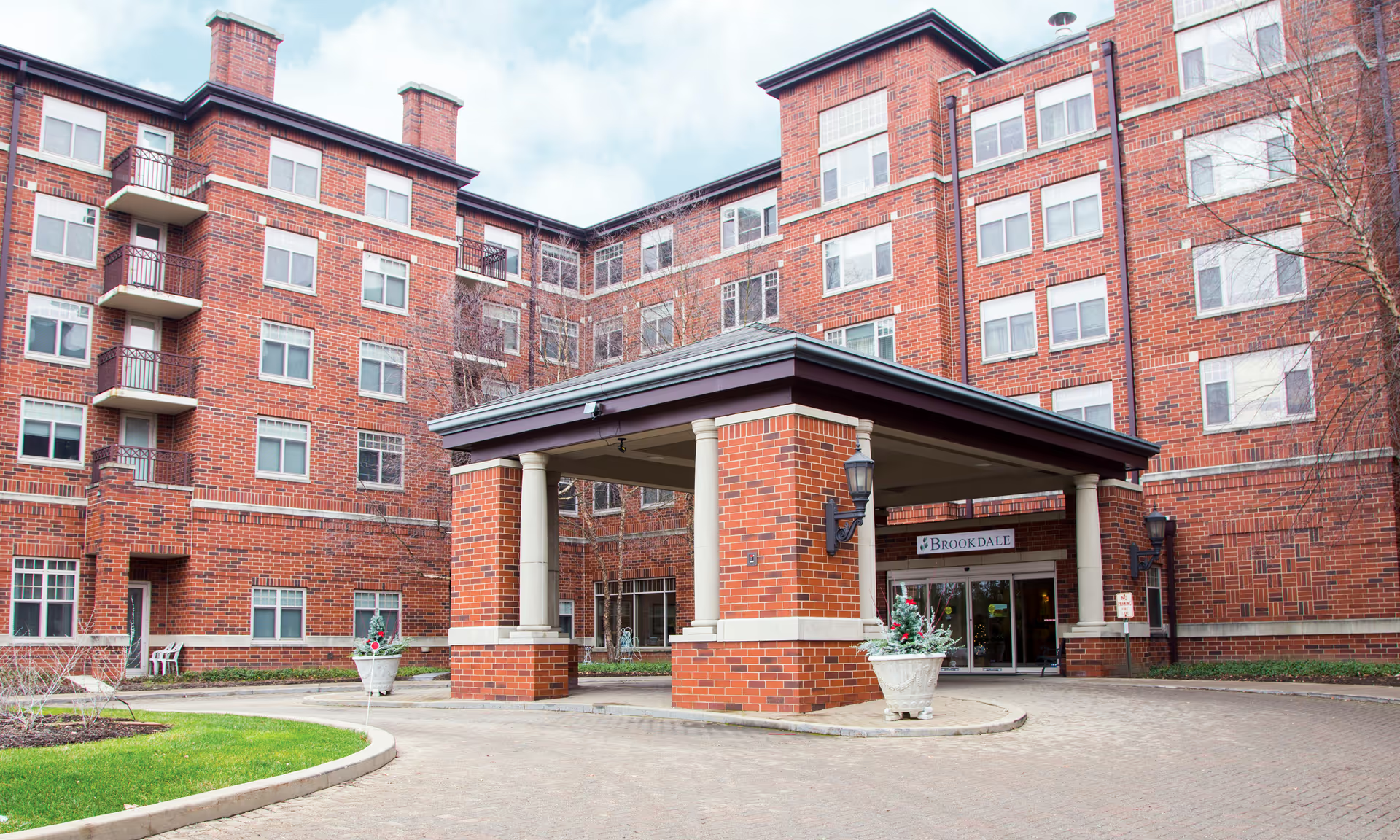Overall impression: Reviews for Tuscany Gardens are strongly polarized. A large portion of reviewers report excellent care, outstanding rehabilitation services, and compassionate, attentive staff; these accounts often describe rapid functional improvement, well-coordinated post-stroke plans, and a clean, welcoming facility. At the same time, multiple reviews describe serious lapses in care, communication breakdowns, and safety concerns — including allegations of neglect, poor infection-control practices, and administrative shortcomings. The recurrence of both glowing praise and severe complaints suggests that residents’ experiences may vary widely depending on unit/staff on duty, timing (day/evening/weekend), and individual circumstances.
Care quality and staff: The most consistent positive theme is high praise for clinical and rehabilitation staff. Physical and occupational therapists receive frequent acclaim for producing excellent outcomes and well-laid-out recovery plans; reviewers repeatedly call out the rehab department as a strength and describe therapists as caring and effective. Many families praise nurses, STNAs, and aides as attentive and kind, and several reviews note long-tenured staff and continuity of care. Specific staff members are named positively in multiple reports (examples: Erin, Haullena, Shannon, Lisa, Margie, Geri), reflecting strong individual caregiver relationships.
Conversely, there are numerous and serious negative reports about care delivery. Several reviews accuse staff of neglect — residents left unattended for long periods, instances of sitting in feces, and failure to check on patients — and some reviewers report outcomes they attribute to improper care (for example, alleged misuse of a hyper lift followed by a rapid decline to wheelchair dependency). Short-staffing is repeatedly cited as a root cause for slow call responses, lack of supervision in afternoons/evenings, and rushed or missed care tasks. There are also accounts of rude or dismissive behavior from particular staff and leadership (including references to an unfriendly Director of Nursing and an administrator who did not introduce himself), showing inconsistency in professionalism.
Facilities and cleanliness: Many reviewers describe Tuscany Gardens as bright, attractive, and clean, with comfortable rooms and private bathrooms. The environment, dining areas, and therapy spaces are frequently called out as well laid out and pleasant. However, a minority of reviews report troubling sanitation issues: dirty floors, soiled bathrooms, odors, and smoke smell near rooms. This inconsistency — strong cleanliness praise from many families alongside severe cleanliness complaints from others — points to variability in housekeeping standards or specific incidents rather than a uniform condition across the campus.
Dining and activities: Opinions on food and activities are mixed. Some families say meals are well prepared and tailored to dietary needs, and several reviews note good variety and helpful dining staff. Others describe bland, poorly seasoned food (sometimes necessitated by salt restrictions) and cases where families felt compelled to bring additional meals. Activities receive similar split feedback: several reviews highlight many activities, therapy dogs, and facilities like a library and barbershop, while others say activity participation can be limited. Overall, the facility appears to offer a reasonable program of social and therapy-related activities, but actual engagement may depend on staffing and resident interest.
Management, admissions, and communication: Positive interactions with admissions, billing, and management are present in many reviews, with specific staff lauded for responsiveness and helpfulness. Case management and discharge planning earn praise in several accounts for follow-up and coordination. Nevertheless, there are recurring complaints about admissions miscommunication, long waits, and last-minute denials (notably for patients on dialysis), as well as inconsistent outreach about important decisions. Business-office and billing issues were mentioned, with calls for better backup and responsiveness. Medication and prescription delays are also cited in a number of reviews, which can be critical for short-term rehab patients.
Safety, infection control, and pandemic response: Several reviewers raised red flags about infection-control practices and pandemic handling, noting mask noncompliance and observed lack of handwashing by staff. Given the vulnerability of the resident population, these citations are consequential. Additionally, some reviewers reported serious safety outcomes — ER transfers, alleged injuries, and even deaths associated with perceived neglect or insufficient supervision. On the other hand, other families described high-level nursing care and quick responses, showing a bifurcated picture of safety standards that may fluctuate by shift or unit.
Patterns and recommendations for prospective families: The dominant pattern is a split between overwhelmingly positive rehabilitation/therapy experiences and serious, occasionally alarming reports of neglect and administrative failures. If you are considering Tuscany Gardens, it would be prudent to (1) meet and observe the specific unit and staff who will be caring for the prospective resident, (2) ask for recent staffing ratios and peak-hour coverage (evenings/weekends), (3) request examples of infection-control policies and staff training, (4) verify admissions policies for special needs (e.g., dialysis), (5) ask about call-light response times and emergency-call differentiation, and (6) get direct contacts for escalation (case manager, admis/administrator, ombudsman). Also consider seeking recent family references and, where possible, observe mealtime and activity participation to judge food quality and social programming firsthand.
Bottom line: Many families report excellent, even exceptional, rehabilitation outcomes and compassionate day-to-day care at Tuscany Gardens. However, repeated first-hand allegations of neglect, hygiene lapses, inconsistent leadership, and communication problems are significant and cannot be ignored. Experiences appear to be highly dependent on which staff are on duty and the timing of care; prospective residents and families should perform targeted due diligence and ask pointed questions about staffing, safety protocols, and how the facility addresses and documents incidents to make an informed decision.







